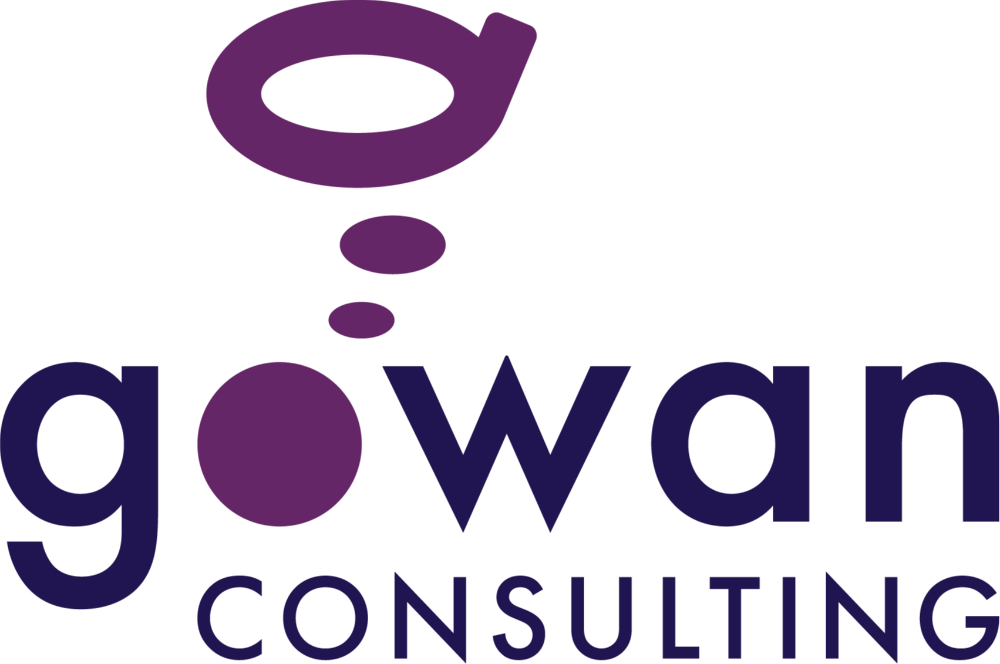Get Your Resolutions Past Quitter’s Day: How to Set Goals That Really Work
Jan 13, 2023
Most people’s new year resolutions fail before they even get started because they lack the ingredients to succeed. The second Friday of January has been dubbed “Quitter’s Day,” the day most people give up on their resolutions, based on user data from Strava, a social network for athletes.1 According to studies, only 9% to 12% of people keep their resolutions.2 To reach your personal and professional goals this year, you will need a vision, daily action, time, and accountability. Breaking down your goals into small, actionable steps can help you develop a successful plan for achieving your vision in 2023.
1. Define your goals.
Define your outcome or vision for the next year. Is your goal related to finance, family, health, career, or something else? Create a picture in your mind of what your life will be like if you achieve the goal you set. Once you have the vision, describe the qualities of your goal using the SMART acronym (Specific, Measurable, Attainable, Relevant, and Time-bound).
You can also create a “Soul Goal” to describe the feeling you want to have when you achieve your vision. Unlike the SMART goal, this feeling cannot be measured.
2. Determine your why.
Thinking about why you are passionate about your goals can help you decide if a goal is even worth pursuing. What will your life be like if you achieve this goal? What will the goal allow you to do or be?
James Clear, author of Atomic Habits, recommends starting on who you want to become rather than what you want to achieve. Example: The goal is not to read a book (outcome based), the goal is to become a reader (identity based). Determine one habit that moves you closer to becoming that type of person. Example: If you want to become a person who speaks a new language, you should focus on studying every day.
3. Develop your action steps.
Plan the activities you will need to do to achieve your final goal. Break down your activities into daily, weekly, and monthly goals. Open up your schedule to accommodate the time you need to complete these activities. Block the time in your calendar, journal and record your progress, and consistently honour that time and activity.
Determine how you will be accountable for completing your action steps. Who will you be accountable to, how will you report your success, and how will you move on and adjust from failures?
4. Break down the barriers to success.
Identify the reasons why you “can’t” complete your goals and break down those barriers. Rather than an external barrier, like time or resources, you may have an internal barrier: your own negative thoughts. These thoughts can lead to unhelpful patterns of thinking that affect your feelings and behaviour. For example, if you previously failed at your goal, you may experience all-or-nothing thinking (if I am not perfect, I have failed) or a mental filter that only reveals certain types of evidence (noticing failures but not seeing successes). These thinking styles could leave you feeling discouraged or sad, leading you to abandon your goals.
To challenge your thoughts, ask yourself: What do you think? What do others think? What is true? Compare your thoughts with proof about the situation. Perhaps you have had some pitfalls along the way. What did you learn? What were your successes? What will you do next when you try something new?
5. Commit to daily steps.
On average, it takes 66 days to form a habit.3 Slipping up occasionally won’t detrimentally affect your ability to form the habit, but it is important to commit to making small improvements over the long run. As you create a daily routine, consider implementing some of these habit-forming tips provided by James Clear:
- Scale down your habit to a two-minute version. For example, "Walk 10,000 steps each day" becomes "put on my running shoes."
- Create an implementation intention. This is a plan you make beforehand about when and where to act. The implementation intention formula is: "I will (BEHAVIOUR) at (TIME) in (LOCATION)." Example: I will make a green smoothie at 7:00am in my kitchen.
- Design an environment for success. Example: If you want to remember to go for a run every morning, lay out your workout clothes and shoes the night before.
- Combat fading motivation by temptation bundling. This works by linking an action you want to do with an action you need to do. The formula is: "I will only (HABIT I WANT TO DO) when I (HABIT I NEED TO DO)." Example: I will only get a pedicure when I am processing overdue work emails.
- Identify a short-term, external reward for completing your habit. Avoid rewards that conflict with your desired identity. Example: Take a walk in the woods or a bubble bath as a reward for adding to your retirement savings.
- Join a supportive social group where your desired behaviour is the normal behaviour. Example: Join a book club to support your reading habit.
How Can Gowan Consulting Help?
- Book a time in one of our calendars to chat about how we can help you reach your professional health goals this year.
- Our Occupational Therapy Success Coaching and mental health support services are grounded in CBT and behavioural change principles in order to build resilience and maximize employee strengths. Enable your team’s optimal function at work by making a referral to an Occupational Therapist today.
- This topic is covered more extensively in our Mastering Health and Productivity membership program. Sign up today to get access to new training material every month.
- We provide customized training programs for organizations – some topics we can cover include mental health, stress management, communication, boundary setting, and more. Contact us to customize a training for your team.
- Our online training programs are available for your team to start anytime so they can get on-demand learning about a variety of topics, where and when they need them.
References
[1] Kiani, T. (2022, April 29). Quitters day. National Today. Retrieved January 11, 2023, from https://nationaltoday.com/quitters-day/#:~:text=Quitter's%20Day%20is%20held%20on,it%20falls%20on%20January%2013
[2] Discover Happy Habits. (2022, August 22). New Year's Resolution Statistics (2022 updated). Discover Happy Habits. Retrieved January 11, 2023, from https://discoverhappyhabits.com/new-years-resolution-statistics/
[3] Clear, J. (2020, February 4). How long does it actually take to form a new habit? (backed by science). James Clear. Retrieved January 11, 2023, from https://jamesclear.com/new-habit#:~:text=On%20average%2C%20it%20takes%20more,to%20form%20a%20new%20habit

